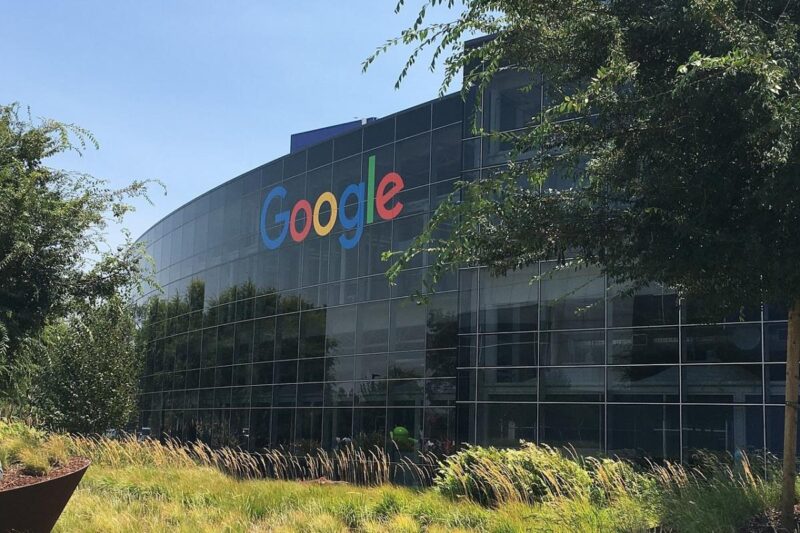
Google to Pay Indiana $20 Million to Resolve Privacy Suit
Google pays Indiana $20 million to clear up the nation’s lawsuit towards the generation large over allegedly misleading place monitoring practices, nation Attorney General Todd Rokita announced. Rokitas filed a separate lawsuit towards Google while negotiations among the employer and a coalition of nation legal professionals popular stalled, he stated. Those states agreed to a $391.five million agreement with the employer in November.
As a end result of the separate lawsuit, Indiana obtained approximately two times as a lot cash as it might have beneathneath the address the forty states withinside the coalition, Rokita stated in his statement Thursday. “This agreement is any other manifestation of our steadfast dedication to defend Hoosiers from Big Tech’s intrusive schemes,” Rokita stated.
States commenced investigating after a 2018 Associated Press tale that discovered that Google persisted to music people’s place facts even when they opted out of such monitoring through disabling a characteristic the employer called “place history.” Google did now no longer admit to any wrongdoing as a part of the address Indiana.
The employer issued a prolonged declaration Friday pronouncing that over the last few years, it has delivered greater transparency — and gear to assist customers control their facts and decrease the facts it collects. Google stated it released auto-delete controls and became them on through default for all new customers, giving them the capacity to mechanically delete facts on a rolling basis. Google additionally stated it evolved settings along with incognito mode on Google Maps.
“These are just a few approaches that we’ve labored to offer greater desire and transparency,” the employer stated. Indiana’s lawsuit alleged Google makes use of place facts to construct targeted person profiles and goal ads. It alleged that the employer has deceived and misled customers approximately its practices when you consider that at the least 2014.
Rokita stated he sued Google due to the fact even a confined quantity of place facts can divulge a person’s identification and routines. Such facts may be used to deduce non-public information along with political or spiritual affiliation, income, fitness fame or participation in aid groups — in addition to main lifestyles activities along with marriage and the start of children, he stated.

